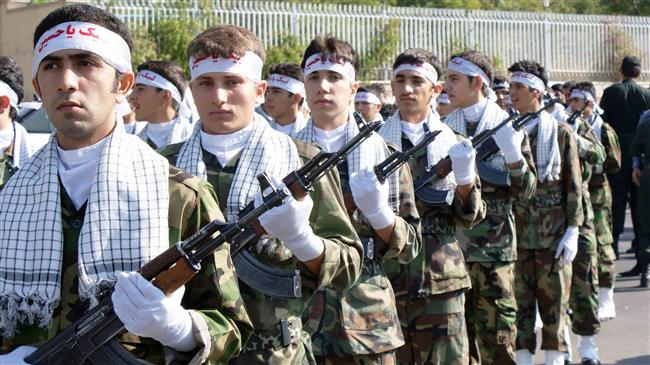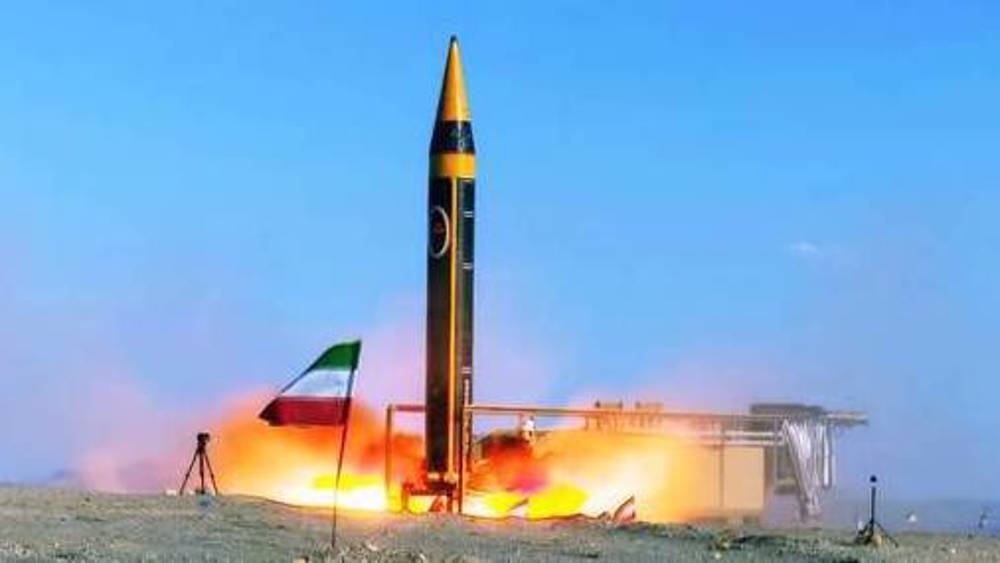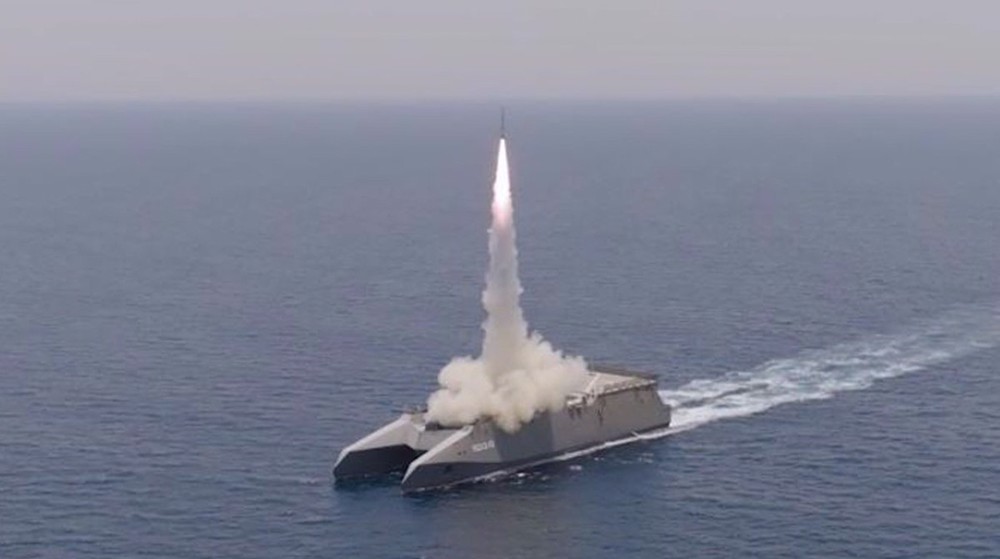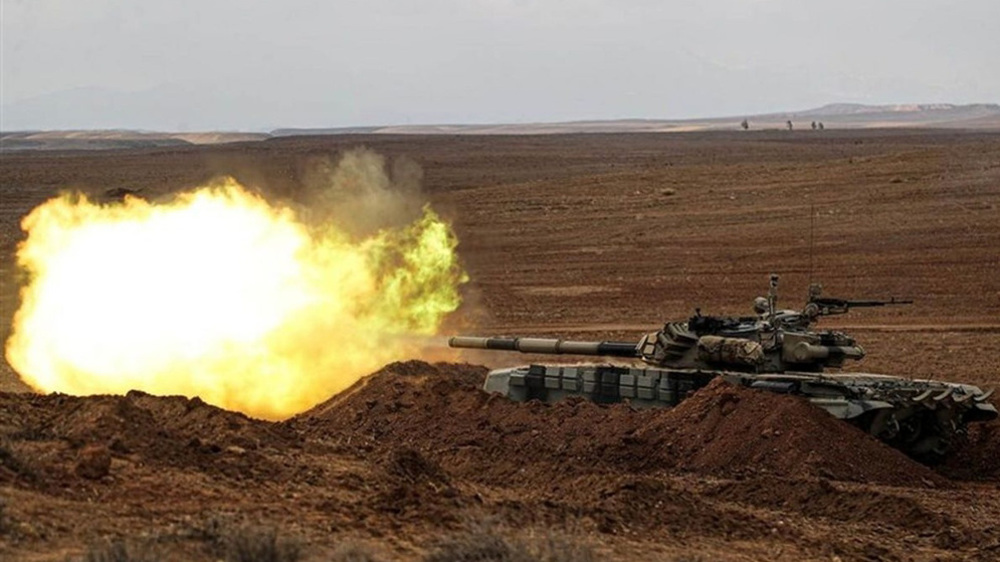Iran's Basij forces start countrywide drills
Iran’s Basij volunteer forces have started nationwide drills in which thousands of participants have been enlisted, said Iran's Basij Commander Brigadier-General Gholam-Hossein Gheibparvar.
General Gheibparvar added that the exercises have been codenamed as Prophet Mohammad (PBUH)’s Corps II, Fars News Agency reported on Saturday.
The exercises are being conducted under the slogan of “unity and advancement,” he noted.
The motto has been chosen to send across the message that “as long as there exist adversities and threats posed by foreigners, we will defend the country’s Islamic establishment, standing united behind the Leader of the Islamic Revolution Ayatollah Seyyed Ali Khamenei,” Gheibparvar added.

The massive countrywide endeavor, he said, would be meant to hearten the Iranian people and discourage the enemy, while conveying the force’s readiness for cooperation with all the apparatuses requiring its services.
“Iran’s Islamic Revolution has not left behind a day throughout its existence that has not seen the enmity of the world’s arrogant powers,” the commander said, noting that it has steadfastly stood up to its adversaries.
The drills have been divided into two phases the first of which lasts until September 20.
As part of the first phase, Basij has dispatched 150,000 of its members to various parts of the country, Gheibparvar said.
Separately, 1,000 of the force’s Beit ul-Muqaddas Battalions have started staging maneuvers across the country with the aim of ensuring security within the national borders.
The second phase of the drills would start after a four-day interval during the country’s Holy Defense Week, which commemorates Iran's eight-year resistance against Iraq’s 1980-88 invasion. It comprises a 700,000-strong organized presence by the volunteers in major urban centers countrywide, the commander noted.
Basij Special Forces
Separately, Gheibparvar remarked on Basij’s Special Forces unit, known as Fatehin (Conquerors).
“This Basij unit comprises volunteer and death-defying members, who have undergone special training programs that have prepared them for tough threats,” he noted.
Hamas condemns Netanyahu’s proposal for new regional alliance
Huckabee mocks Arab League's condemnation of his biblical territorial remarks
VIDEO | Trump tariff setback
VIDEO | Press TV's news headlines
VIDEO | Iran will not 'capitulate' since it has military surprises for US
China overtakes US as Germany’s top trading partner
VIDEO | Displaced Gazans struggle to find clean water amid Ramadan
VIDEO | Pakistan strikes militant camps along Afghan border after suicide bombings













 This makes it easy to access the Press TV website
This makes it easy to access the Press TV website